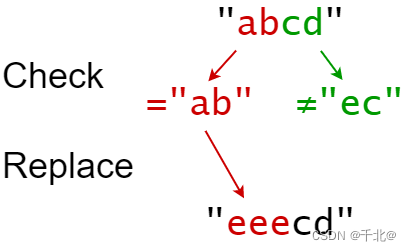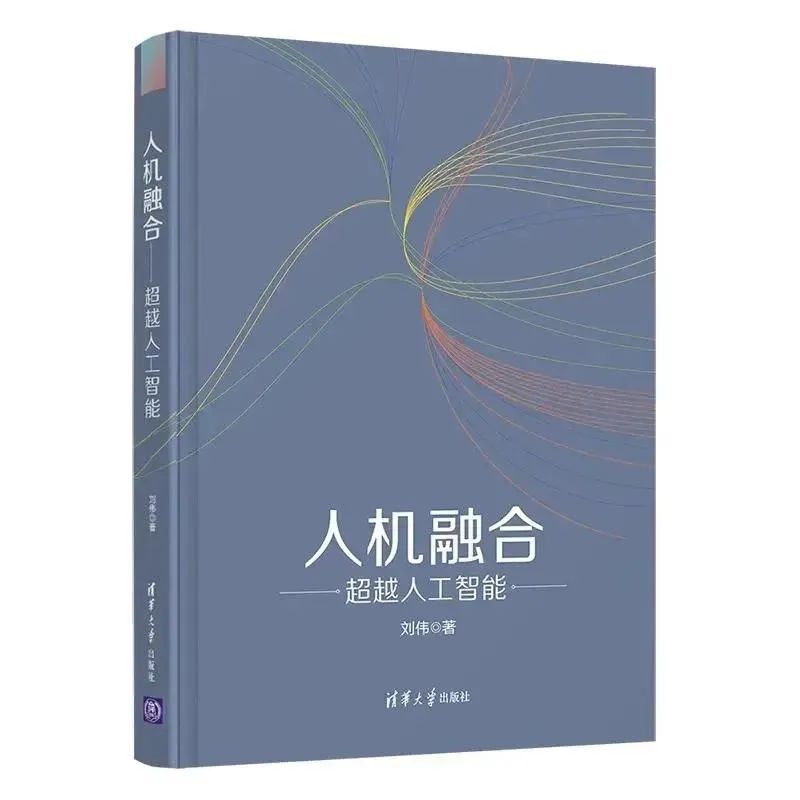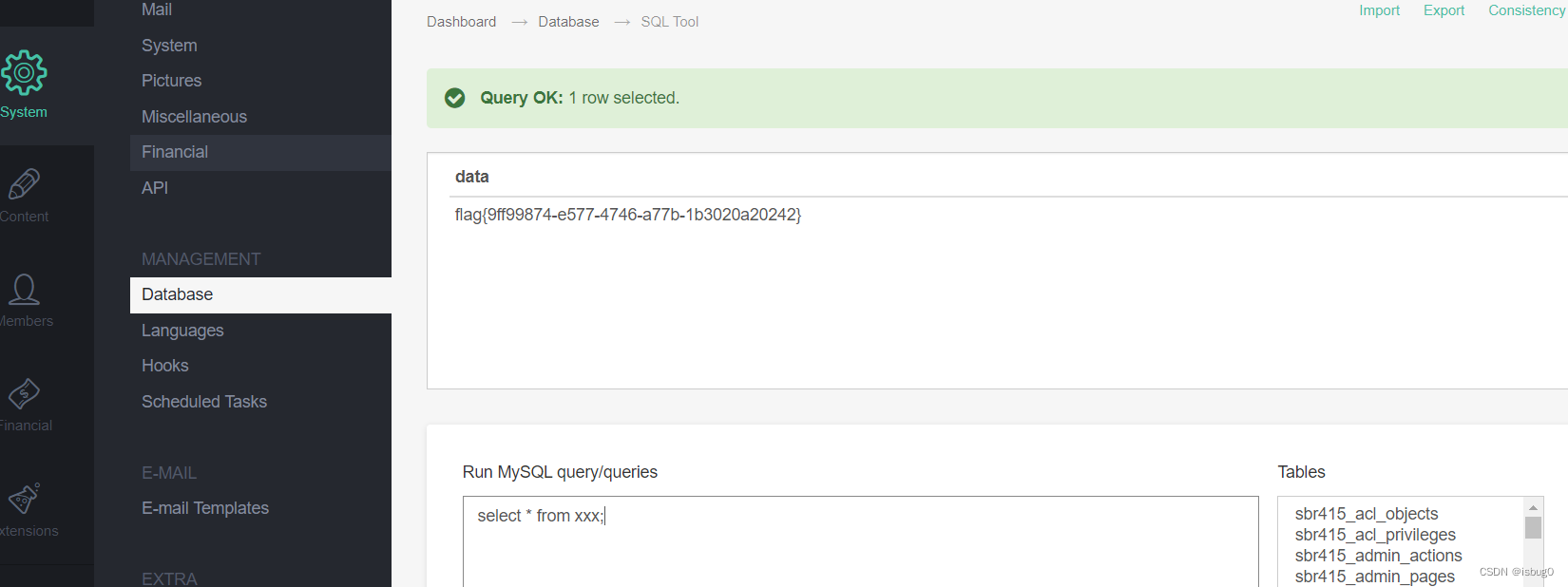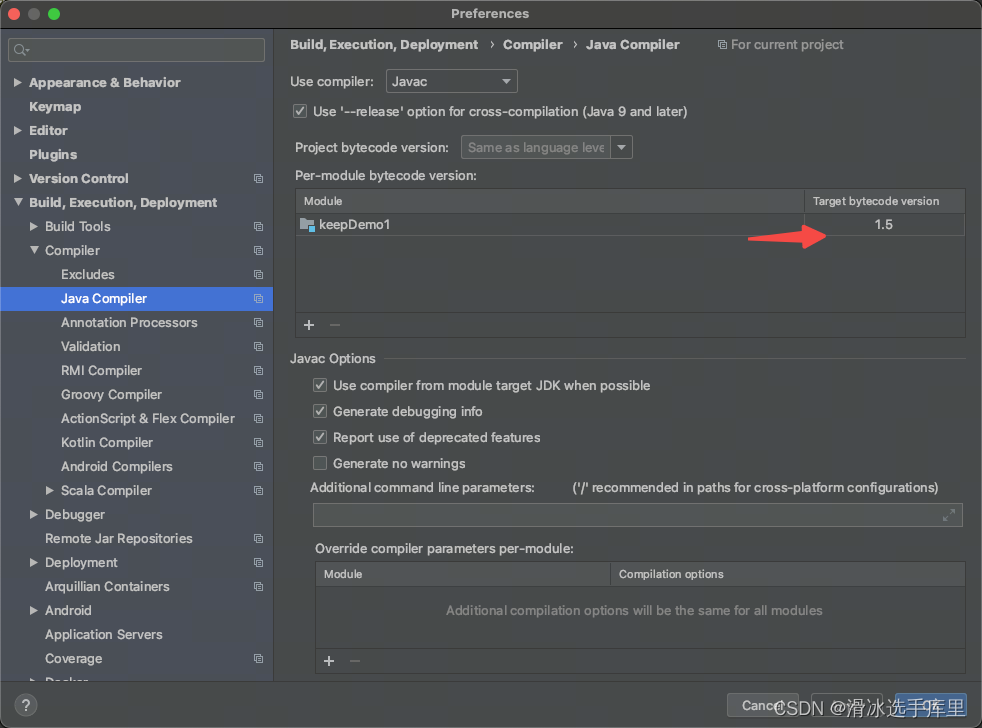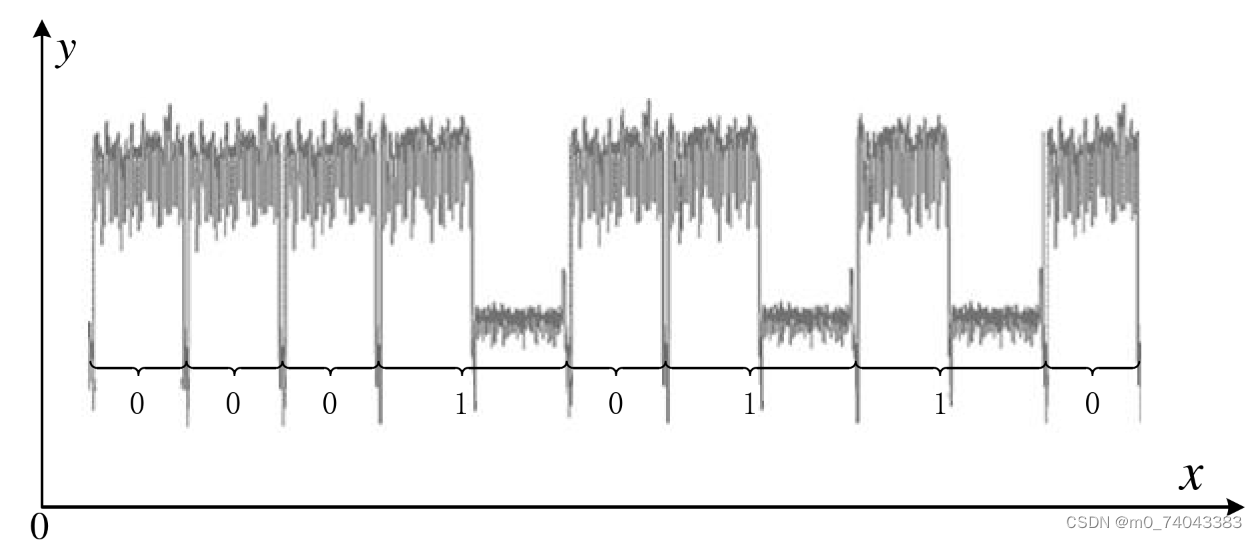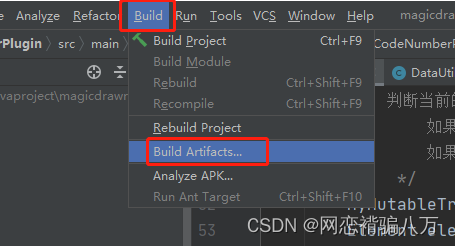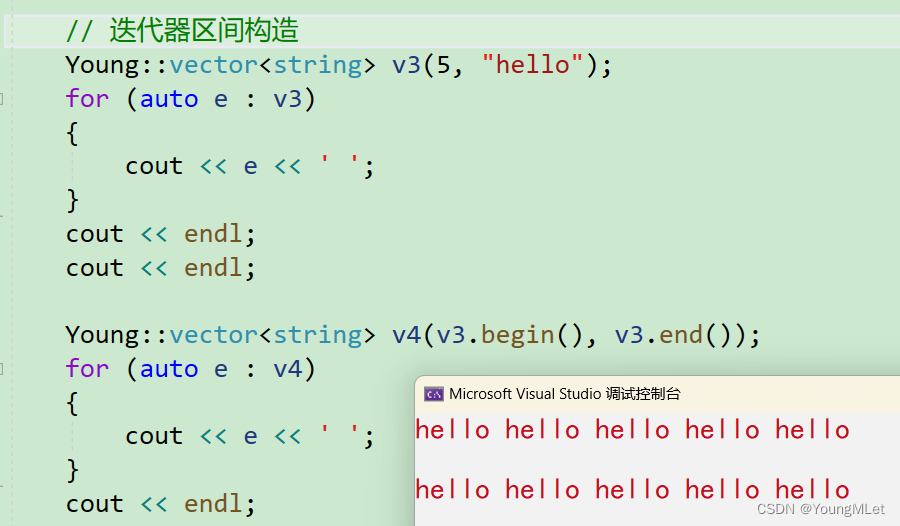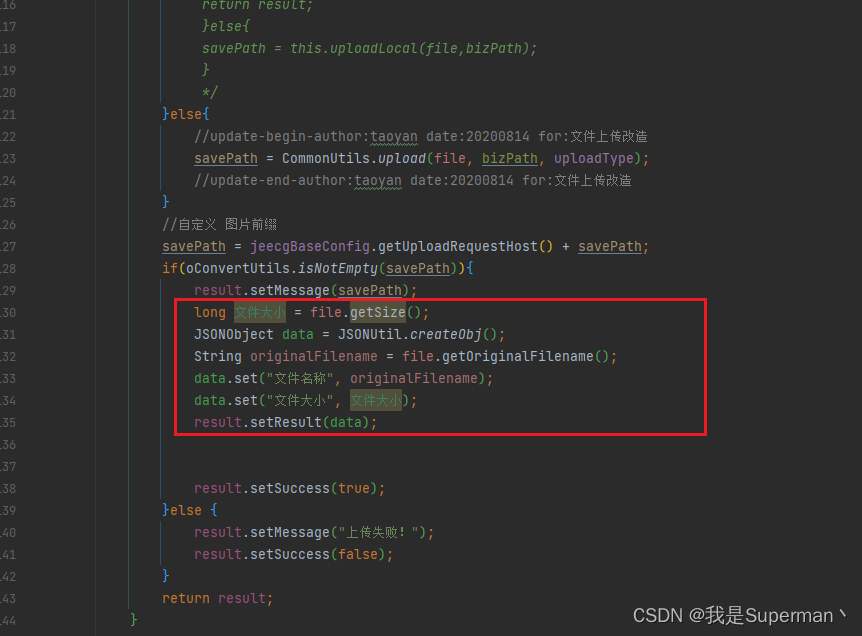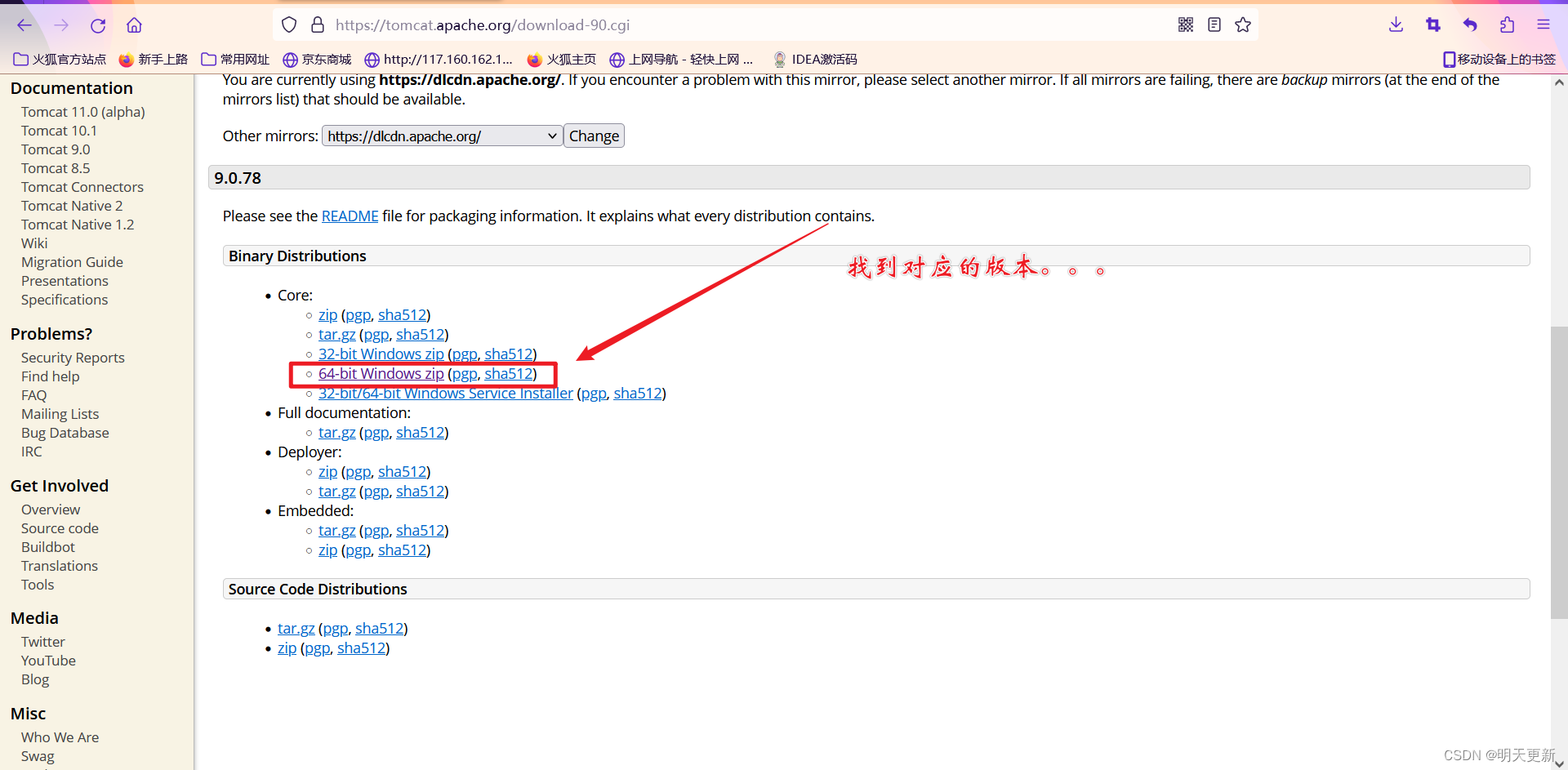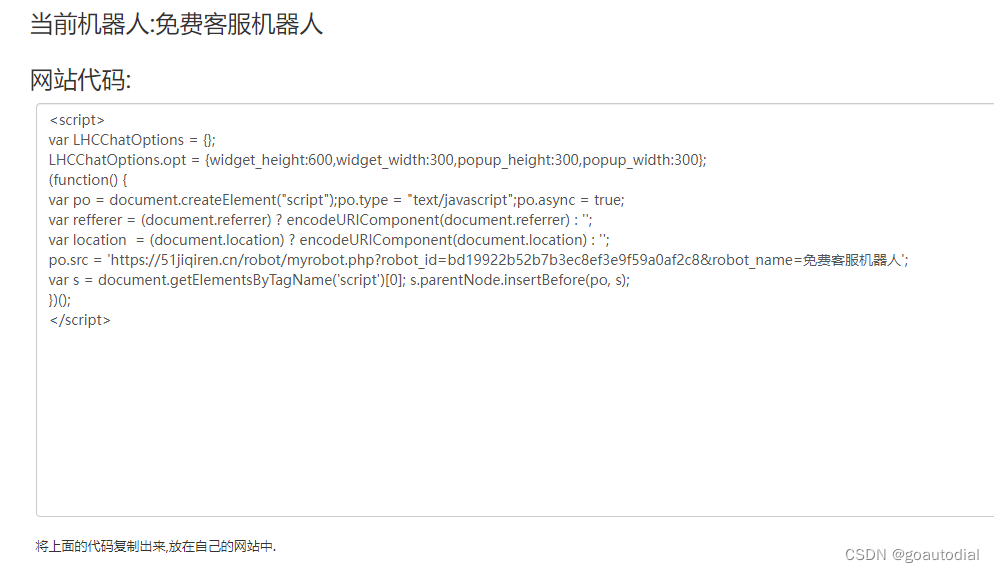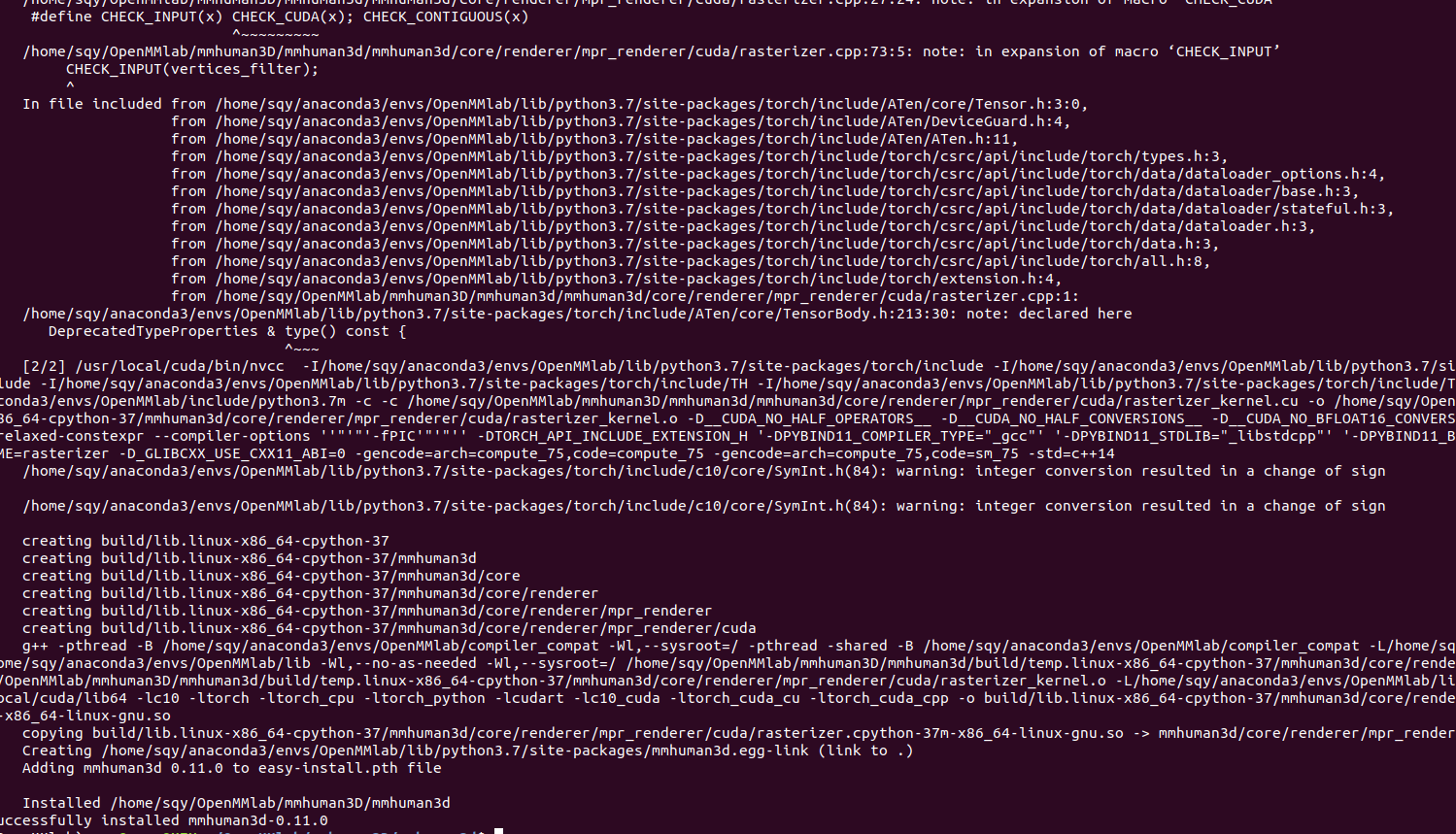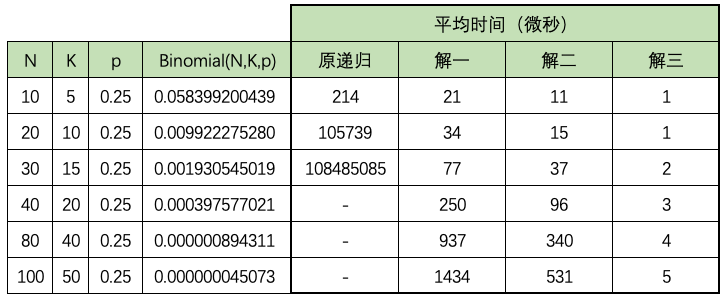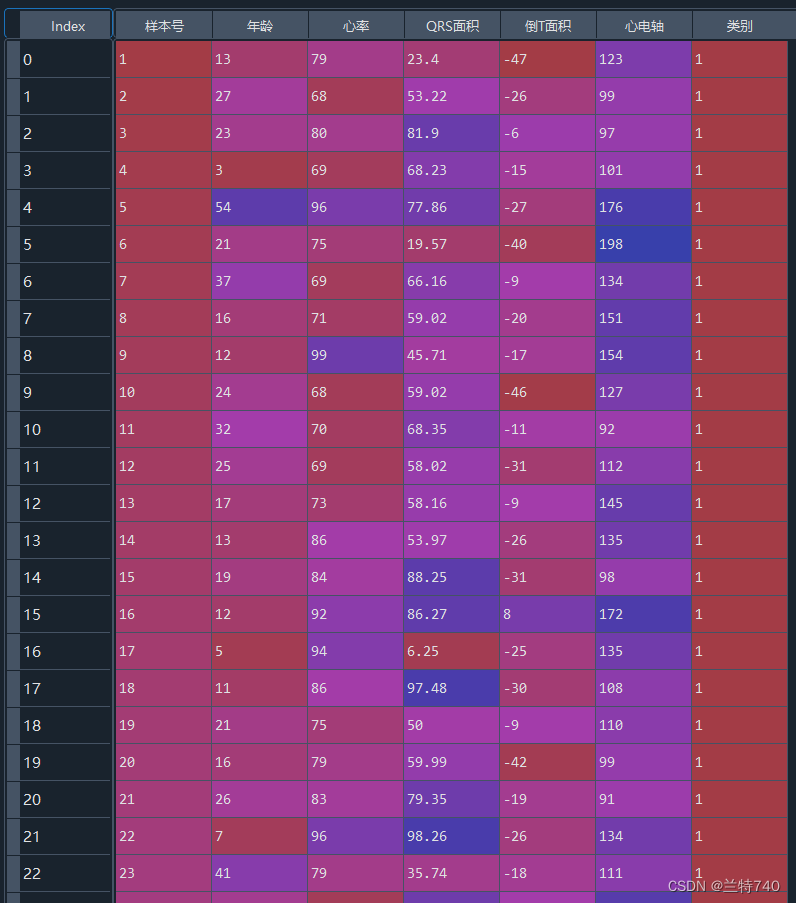定义于头文件 <sstream>
| template< class CharT, |
std::basic_stringbuf 是关联字符序列为内存常驻的任意字符序列的 std::basic_streambuf 。能从 std::basic_string 的实例初始化它,或将它做成该类的实例。
std::basic_stringbuf 的典型实现保有一个 std::basic_string 类型对象,或等价的可伸缩序列容器作为数据成员,并将它同时用作受控制字符序列(为 std::basic_streambuf 的六个指针所指向的数组)和关联字符序列(所有输入操作的字符源和输出操作的目标)。
另外,典型的实现保有一个 std::ios_base::openmode 类型的数据成员,以指示流的状态(只读、只写、读写、尾端写等)。
| 若 overflow() 使用过分配策略,则可存储另外的高水位指针,以跟踪最后初始化的字符。 | (C++11 起) |
亦提供二个对常用字符类型的特化:
| 类型 | 定义 |
stringbuf | basic_stringbuf<char> |
wstringbuf | basic_stringbuf<wchar_t> |
公开成员函数
赋值 basic_stringbuf 对象
std::basic_stringbuf<CharT,Traits,Allocator>::operator=| std::basic_stringbuf& operator=( std::basic_stringbuf&& rhs ); | (1) | (C++11 起) |
| std::basic_stringbuf& operator=( const std::basic_stringbuf& rhs ) = delete; | (2) |
1) 移动赋值运算符:移动 rhs 的内容到 *this 中。移动后 *this 拥有 rhs 之前保有的关联 string 、打开模式、本地环境和所有其他状态。保证 *this 中 std::basic_streambuf 的六个指针有别于被移动的 rhs 的对应指针,除非它们为空。
2) 复制赋值运算符被删除; basic_stringbuf 不可复制赋值 (CopyAssignable) 。
参数
| rhs | - | 将被移动的另一 basic_stringbuf |
返回值
*this
调用示例
#include <sstream>
#include <string>
#include <iostream>
int main()
{
std::basic_stringbuf<char> one("one", std::ios_base::in
| std::ios_base::out
| std::ios_base::ate);
std::basic_stringbuf<char> two("two", std::ios_base::in
| std::ios_base::out
| std::ios_base::ate);
std::cout << "Before move, one = \"" << one.str() << '"'
<< " two = \"" << two.str() << "\"" << std::endl;
//1) 移动赋值运算符:移动 rhs 的内容到 *this 中。
//移动后 *this 拥有 rhs 之前保有的关联 string 、打开模式、本地环境和所有其他状态。
//保证 *this 中 std::basic_streambuf 的六个指针有别于被移动的 rhs 的对应指针,除非它们为空。
one = std::move(two);
std::cout << "After move, one = \"" << one.str() << '"'
<< " two = \"" << two.str() << "\"" << std::endl;
return 0;
}输出

交换二个 basic_stringbuf 对象
std::basic_stringbuf<CharT,Traits,Allocator>::swap| void swap( std::basic_stringbuf& rhs ) | (C++11 起) |
交换 *this 和 rhs 的状态与内容。
参数
| rhs | - | 另一 basic_stringbuf |
返回值
(无)
注意
交换 std::stringstream 对象时自动调用此函数,很少需要直接调用它。
调用示例
#include <sstream>
#include <string>
#include <iostream>
int main()
{
std::basic_stringbuf<char> one("one", std::ios_base::in
| std::ios_base::out
| std::ios_base::ate);
std::basic_stringbuf<char> two("two", std::ios_base::in
| std::ios_base::out
| std::ios_base::ate);
std::cout << "Before move, one = \"" << one.str() << '"'
<< " two = \"" << two.str() << "\"" << std::endl;
//交换 *this 和 rhs 的状态与内容。
one.swap(two);
std::cout << "After swap, one = \"" << one.str() << '"'
<< " two = \"" << two.str() << "\"" << std::endl;
return 0;
}输出

替换或获得关联字符串的副本
std::basic_stringbuf<CharT,Traits,Allocator>::str| std::basic_string<CharT, Traits, Allocator> str() const; | (1) | |
| void str( const std::basic_string<CharT, Traits, Allocator>& s); | (2) |
获取和设置底层字符串。
1) 创建并返回保有此 std::basic_stringbuf 底层字符序列副本的 std::basic_string 。对于仅输入流,返回的字符串含来自范围 [eback(), egptr()) 的字符。对于输入/输出或仅输出流,含有 pbase() 到序列中末字符的字符,不考虑 egptr() 和 epptr() 。
| 为写入打开的缓冲区中的成员字符序列能为效率目的过分配。该情况下,仅返回初始化的字符:从构造函数 string 参数获得的字符、最近对 | (C++11 起) |
2) 删除此 std::basic_stringbuf 的整个底层字符序列,然后配置新的含有 s 内容副本的底层字符序列。以下列方式初始化 std::basic_streambuf 的指针:
- 对于输入流( mode & ios_base::in == true ), eback() 指向首字符, gptr() == eback() ,而 egptr() == eback() + s.size() :后继输入将读取首个复制自
s的字符。 - 对于输出流( mode & ios_base::out == true ), pbase() 指向首字符而 epptr() >= pbase() + s.size() (允许 epptr 指向更远以令后随的
sputc()不会立即调用overflow())- 对于后附流( mode & ios_base::ate == true ), pptr() == pbase() + s.size() ,从而后继输出将被后附到复制自
s的最后字符。(C++11 起) - 对于非后附输出流, pptr() == pbase() ,从而后继输出将重写复制自
s的字符。
- 对于后附流( mode & ios_base::ate == true ), pptr() == pbase() + s.size() ,从而后继输出将被后附到复制自
参数
| s | - | 保有替换字符序列的 string 对象 |
返回值
1) 保有此缓冲的底层字符序列副本的 string 对象。
2) (无)
注意
此函数典型地通过 std::basic_stringstream::str() 访问。
调用示例
#include <sstream>
#include <string>
#include <iostream>
int main()
{
char n;
std::basic_stringbuf<char> in; // 亦能用 in("1 2")
in.str("1 2"); // 设置获取区
n = in.sgetc();
std::cout << "after reading the first char from \"1 2\", the char is "
<< n << ", str() = \"" << in.str() << "\"" << std::endl; // 或 in.str()
std::basic_stringbuf<char> out("1 2");
out.sputc('3');
std::cout << "after writing the char '3' to output stream \"1 2\""
<< ", str() = \"" << out.str() << "\"" << std::endl;
return 0;
}
输出


